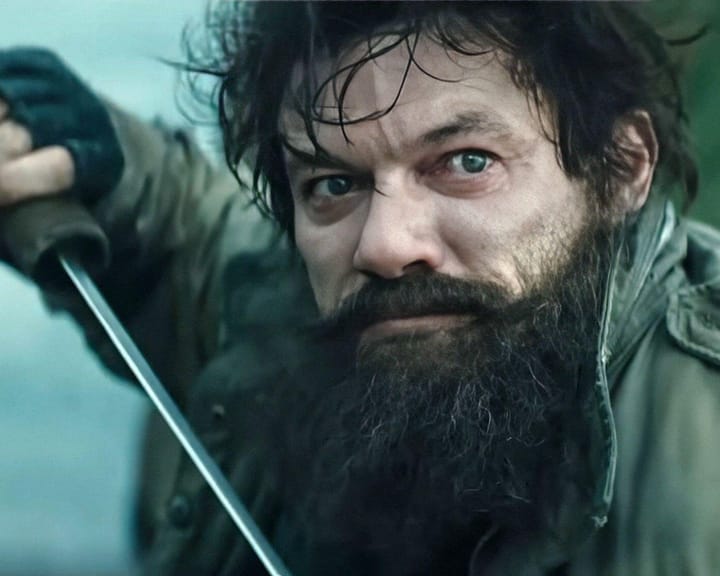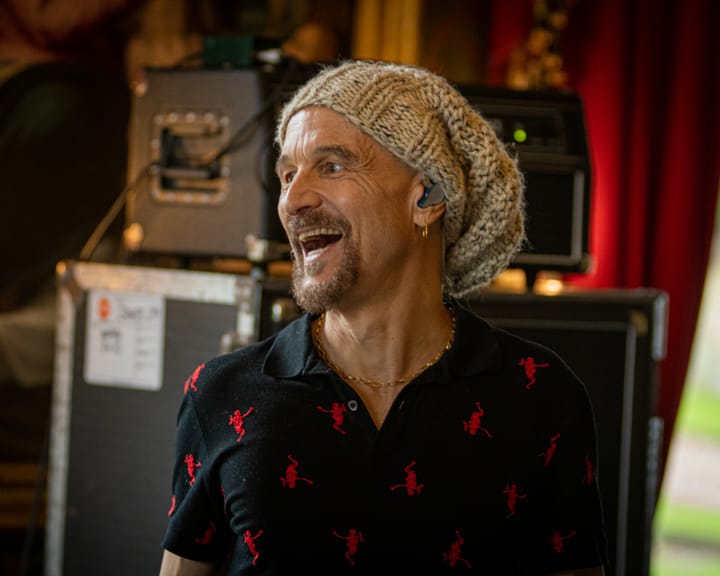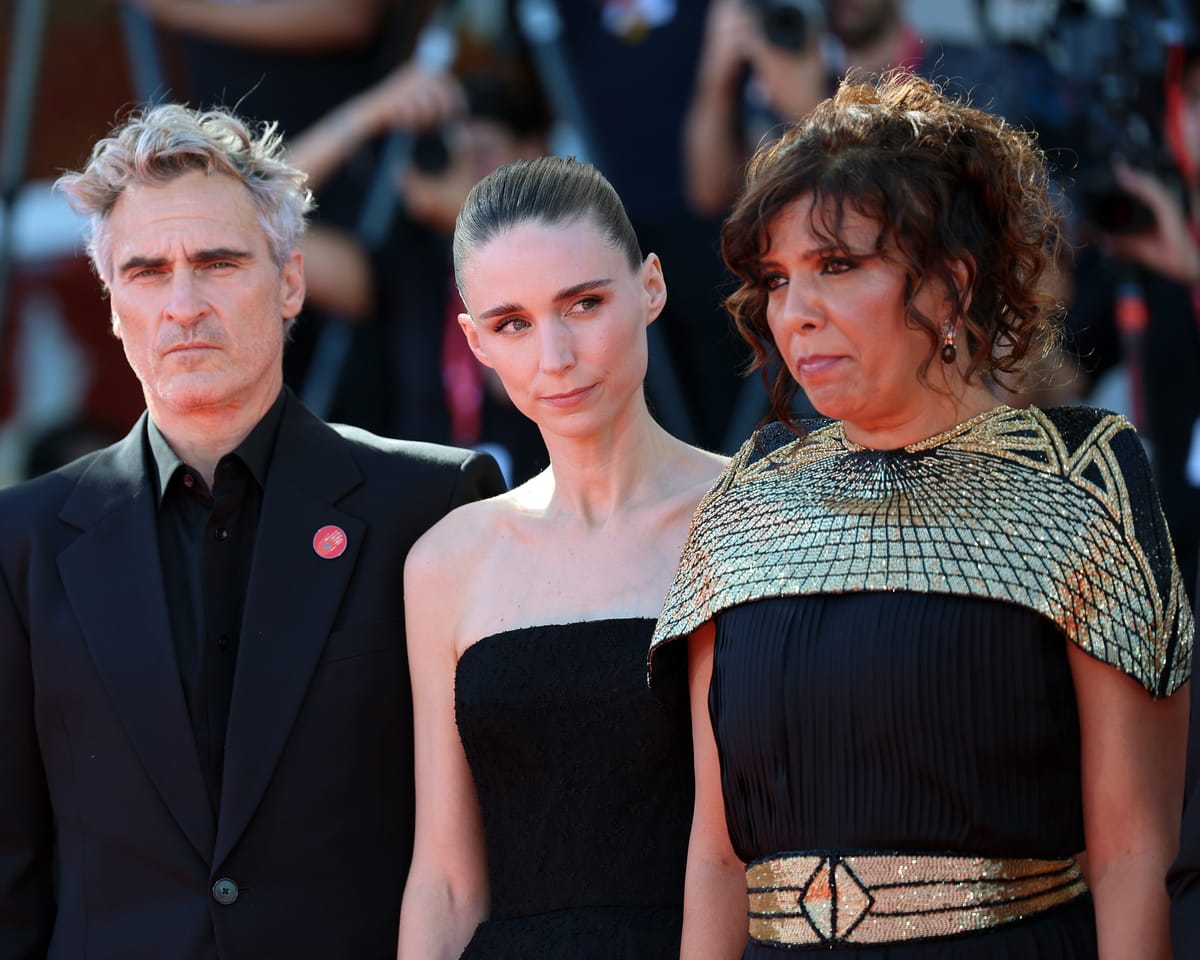For most of its 82 years, Venice has maintained its reputation as one of the world’s most prestigious film festivals. This year was no different, with prominent actors such as Julia Roberts, Cate Blanchett, Jude Law, and George Clooney appearing along the canals and on the red carpets (though Law stumbled on a water taxi, and Clooney fell ill).
However, the films themselves took on a different tone. Jury president Alexander Payne initially dismissed questions about contemporary issues during his opening press conference, focusing solely on cinema, but the films selected this year proved to be deeply engaged with pressing global concerns.
The standout works were intense, real-time narratives—directed by women—that confronted harrowing real-world tragedies many hesitate to address, much less depict on screen.
Near the festival’s conclusion, *The Voice of Hind Rajab*, Kaouther Ben Hania’s reenactment of the killing of a five-year-old girl in Gaza by Israeli forces, received a 23-minute standing ovation, with shouts of “Free Palestine” echoing through the auditorium.
The film incorporates the actual recording of Rajab’s desperate call to emergency services, pleading for help after Israeli tank fire killed her family members, leaving her trapped in a car. During the January 2024 incident, the ambulance sent to rescue her was also attacked, resulting in the deaths of two paramedics. Rajab’s body, along with those of her relatives and the paramedics, was recovered 12 days later.
Speaking at the festival, Ben Hania stated: “I felt compelled to act, to avoid silence. I have no political influence. I’m not an activist. All I have is this medium I’ve worked with—cinema. At least with this film, I didn’t stay quiet.”
In another stark portrayal, Kathryn Bigelow’s *A House of Dynamite*, her first film in eight years, repeatedly subjected audiences to the tense 18-minute countdown from the launch of a nuclear strike on the US to its impact, shifting perspectives between a soldier, a military leader, and the president (played by Idris Elba). Bigelow described the film as an urgent effort to reignite discussions about nuclear disarmament.
“The film asks viewers to decide what should be done with these weapons,” she said. “How is wiping out the world a form of defense?”
Elsewhere, films reinforced the idea that cinema is increasingly serving as an immediate medium for processing global turmoil. Yorgos Lanthimos’s *Bugonia* stars Emma Stone as a high-ranking executive abducted by conspiracy theorists who believe she is an alien bent on Earth’s destruction. The director framed the film as a metaphor for inaction in the face of climate disaster, stating: “Humanity is approaching a critical moment. People must choose wisely—there isn’t much time left.”
Read next

Worldbreaker review – Luke Evans delivers a warm, bear‑hug performance in a thin sci‑fi survival drama
It may be coincidence, but many recent action films now centre on adult men and their daughters—or female stand‑ins—fighting to survive. The men are portrayed as both hardened combatants and protective fathers who train their girls to fight as fiercely as any man, preparing them for a

Tim Booth admits he made love to Brian Eno’s music by age 18: his candid playlist
The first song I fell in love with
My older sister, Penny, introduced me to Leonard Cohen’s “So Long, Marianne” when I was eight, as if to mark a rite of passage: “Now you’ve heard a true poet.” The track felt like contraband, starkly different from the pop

Tech moguls crave validation—why not simply stop paying attention?
There is a well-known pattern that tracks the initial excitement and frenzy around new technology, followed by a sharp decline when it fails to meet expectations.
This concept, first introduced in 1995 during the dotcom era, now applies to artificial intelligence. Currently, we are at the high point of overblown

